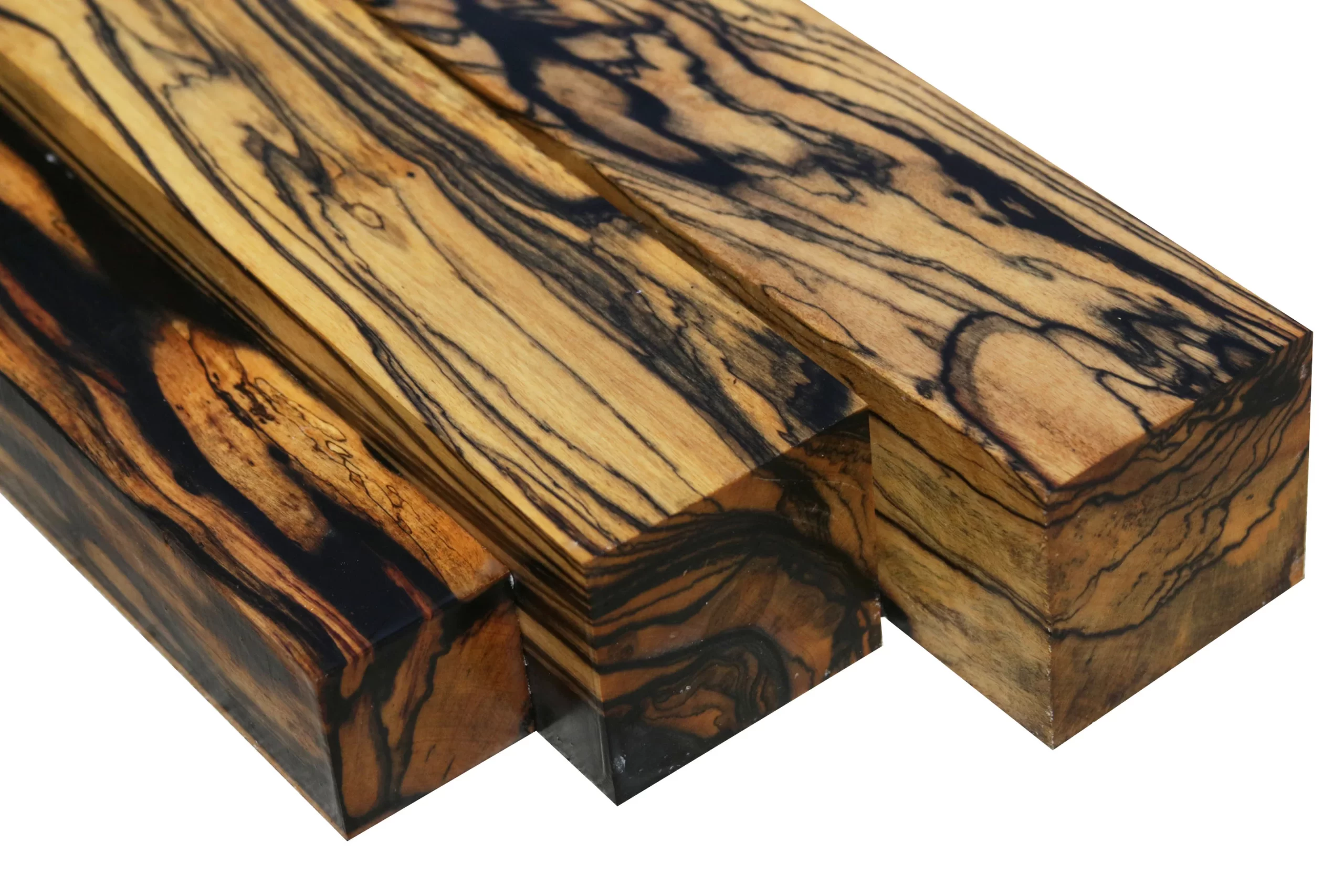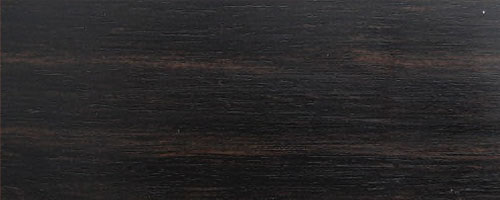Ebony wood, revered for its striking beauty and exceptional durability, holds a prominent place in the realm of woodworking and craftsmanship. Renowned for its rich dark hue and fine texture, ebony wood has been prized for centuries for its versatility and elegance. In this article, we delve into the multifaceted functions and enduring allure of ebony.
Unlocking the Versatility and Elegance of Ebony Wood

Ebony Wood
1. Aesthetic Appeal:
One of the most notable characteristics of ebony wood is its deep, lustrous black color, which exudes sophistication and refinement. The dense, uniform grain of ebony lends a smooth, polished finish to woodworking projects, making it highly sought after for its aesthetic appeal.
2. Instrument Making:
Ebony wood is a preferred choice for crafting musical instruments, particularly stringed instruments such as guitars, violins, and pianos. Its dense, heavy structure enhances the resonance and tonal quality of the instrument, producing a rich, vibrant sound that is highly prized by musicians and aficionados.
3. Fine Furniture:
In the realm of furniture design, ebony wood is synonymous with luxury and opulence. Its dark, glossy finish adds a touch of elegance to fine furniture pieces, from ornate cabinets and tables to intricately carved chairs and bed frames. Ebony accents can elevate the aesthetic appeal of any interior space, infusing it with timeless sophistication.
4. Artisanal Crafts:
Ebony wood is cherished by artisans and craftsmen for its workability and versatility in a wide range of applications. From decorative carvings and sculptures to ornamental inlays and jewelry, ebony lends itself to intricate craftsmanship, allowing artisans to showcase their skill and creativity in creating unique and intricate pieces of art.
5. Architectural Elements:
Ebony wood is often used in architectural applications to add a touch of elegance and sophistication to interior spaces. From decorative moldings and paneling to ornate staircases and doors, ebony accents can enhance the visual appeal of architectural designs, creating a sense of grandeur and luxury.

Ebony Wood
6. High-End Turnery:
Ebony wood is prized by woodturners for its fine texture and smooth finish, making it ideal for crafting intricate turned objects such as pens, chess pieces, and decorative bowls. Its dense, stable nature allows for precise shaping and detailing, resulting in exquisite finished products that showcase the natural beauty of ebony.
7. Musical Accessories:
In addition to instrument making, ebony wood is also used to craft a variety of musical accessories, including tuning pegs, fingerboards, and tailpieces. Its durability and resistance to wear make it well-suited for these applications, ensuring reliable performance and longevity for musicians and performers.
8. Knife Handles and Utensils:
Ebony wood is valued for its strength and durability. Making it an excellent choice for crafting knife handles, utensil handles, and other functional items. Its dense, hard texture provides a comfortable grip and a smooth. Polished surface that is resistant to moisture and wear, making it ideal for culinary use.
Ebony wood stands as a testament to the timeless beauty and enduring appeal of natural materials in craftsmanship and design. From musical instruments and fine furniture to artisanal crafts and architectural elements. Ebony enriches our lives with its versatility, elegance, and unparalleled aesthetic allure. As artisans and craftsmen continue to harness its potential. Wood will undoubtedly remain a cherished and coveted material for generations to come.
Exploring the Strengths and Weaknesses of Ebony Wood
Ebony wood, renowned for its deep, luxurious black color and dense grain. Holds a distinguished place in the world of woodworking and craftsmanship. While prized for its striking beauty and goltogel exceptional durability. Ebony also presents certain challenges and considerations for artisans and craftsmen. In this article, we delve into the advantages and disadvantages of wood to provide a comprehensive understanding of its characteristics.

Ebony Wood
Advantages of Ebony Wood:
- Distinctive Aesthetic Appeal: Ebony wood’s rich, dark color and fine. Uniform grain make it highly sought after for its striking appearance. Its luxurious black hue adds a touch of elegance and sophistication to any woodworking project, from musical instruments to fine furniture and decorative crafts.
- Exceptional Durability: wood ebony is renowned for its exceptional hardness and durability. Making it highly resistant to wear, moisture, and decay. Its dense, tight grain structure contributes to its longevity, ensuring that items crafted from ebony wood stand the test of time and retain their beauty for generations.
- Versatility in Crafting: ebony workability and versatility make it suitable for a wide range of woodworking applications. From intricate carvings and ornamental inlays to turned objects and musical instrument components, wood ebony lends itself to diverse crafting techniques, allowing artisans to unleash their creativity and skill.
- Desirable Acoustic Properties: Ebony wood is prized for its desirable acoustic properties, particularly in the realm of musical instrument making. It is often used for fingerboards, bridges, and other components of stringed instruments due to its ability to enhance resonance, sustain, and tonal clarity, contributing to the instrument’s overall sound quality.
Disadvantages of Ebony Wood:
- Cost and Availability: One of the primary drawbacks of wood ebony is its high cost and limited availability. As a rare and exotic hardwood. Ebony commands premium prices in the market, making it inaccessible to some artisans and craftsmen. Additionally, concerns about sustainability and ethical sourcing have led to restrictions on the harvesting and trade of ebony, further impacting its availability.
- Workability Challenges: While ebony wood is prized for its hardness and durability, these same characteristics can pose challenges during the crafting process.
- Potential for Brittle Behavior: Despite its durability, ebony can exhibit brittleness and susceptibility to splitting or splintering under certain conditions. Care must be taken to avoid excessive force or stress during the crafting process to prevent damage to the wood and ensure the integrity of the finished product.
- Color Variation and Uniformity: Ebony wood’s natural color can vary significantly. Ranging from jet black to dark brown, gray, or streaked patterns. Achieving consistency and uniformity grain across multiple pieces of ebony wood can be challenging, particularly for large-scale projects or production runs.
Conclusion:
Ebony wood offers a unique combination of aesthetic beauty, durability. Acoustic properties that make it highly desirable for woodworking and craftsmanship.
Read More Article About “Jjajangmyeon Joy: Discover the Rich, Savory Delights of Korea’s Beloved Noodle Dish“


